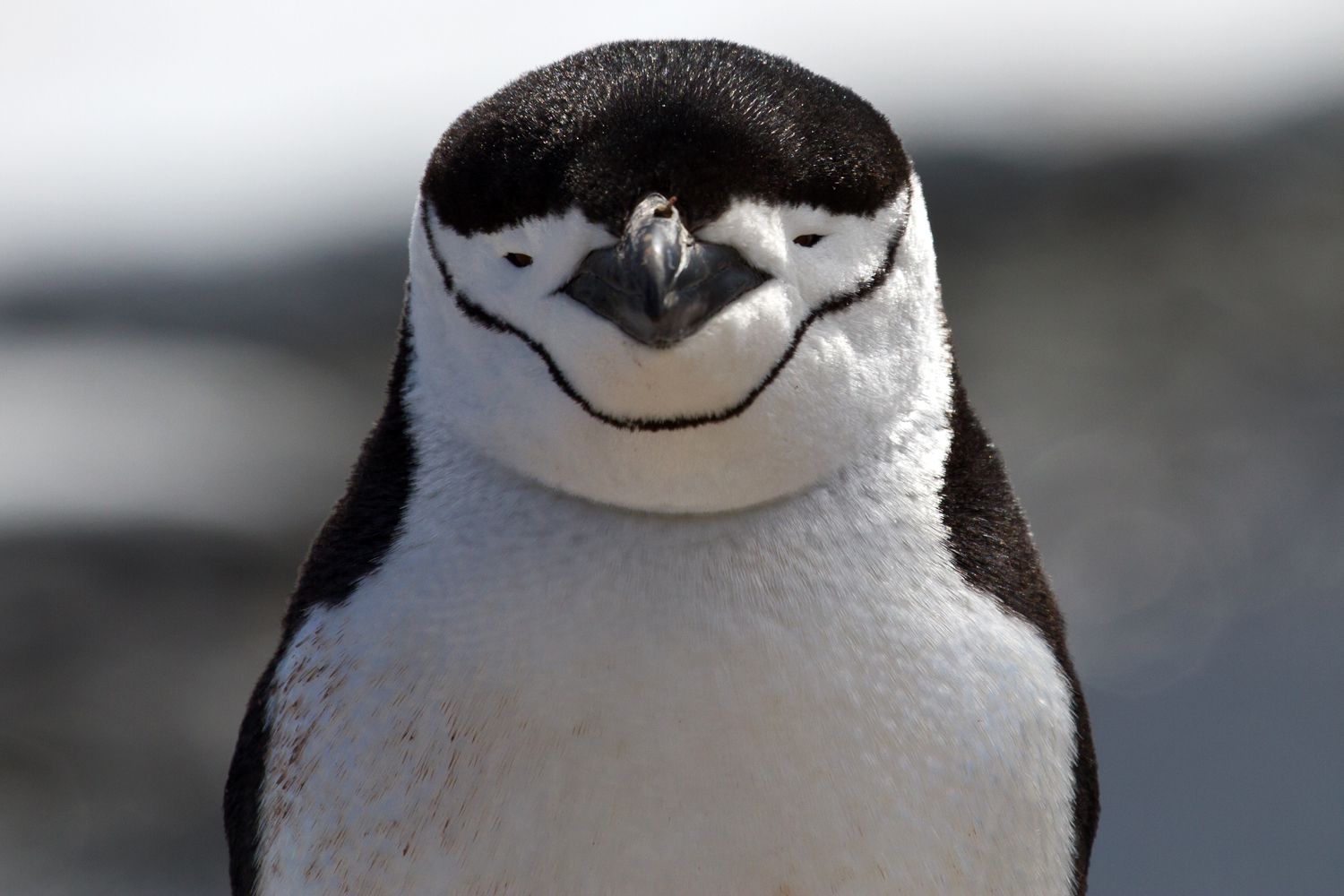A recent study published in “Science” sheds light on the distinctive sleep patterns of chinstrap penguins.
Unlike humans, who sleep for continuous hours, these charismatic birds sleep in short four-second bursts, accomplishing over 10,000 microsleeps each day.
The research, conducted by teams from France, Germany, and South Korea, used electroencephalography to monitor the sleep patterns of 14 chinstrap penguins in their natural habitat.
Reason Behind Microsleeps
Living in areas prone to threats, such as aggression from other penguins and predatory birds, prolonged sleep poses risks.
The study suggests that these microsleeps, though brief, could fulfill some restorative functions of sleep.
Researchers found that despite the fragmented nature of their sleep, the penguins successfully breed, indicating the potential benefits of this unique sleep strategy.
A Survival Strategy
The study offers insights into how animals adapt to challenging environments of fear and intimidation.
While microsleeps may not match the restorative qualities of longer sleep, for chinstrap penguins, it is a successful survival strategy.
Research Reference: “Nesting chinstrap penguins accrue large quantities of sleep through seconds-long microsleeps,” published in Science journal.





